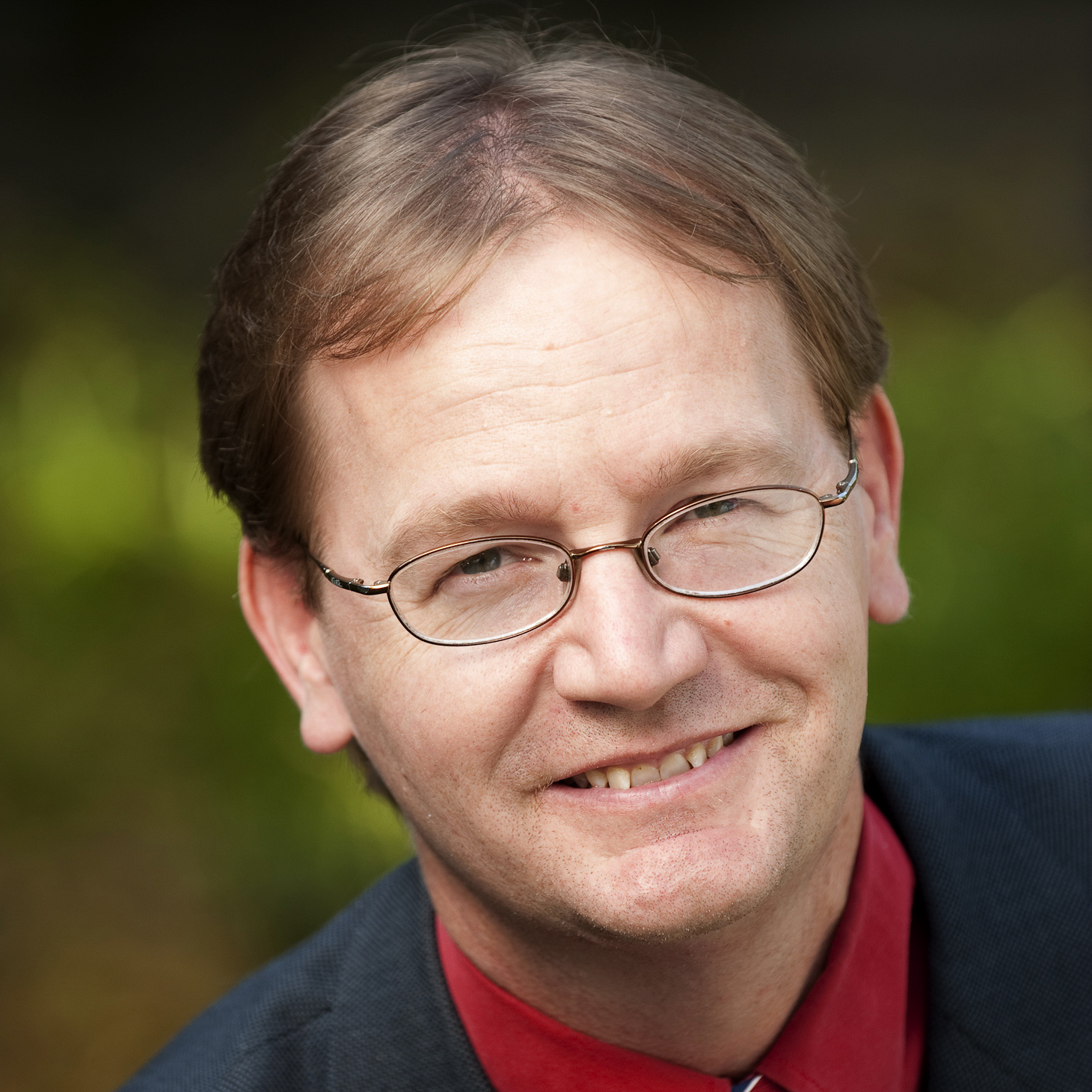Op-Ed: How Dallas can model a new approach to race relations
SMU Debate Director Ben Voth writes about a new path forward for Texas and Dallas on race: integrated non-violence.
By Ben Voth
 Ben Voth |
Micah Johnson offered humanity's most violent argument, the killing of the innocent, in defense of his political beliefs. He killed five white police officers in Dallas on July 7, 2016. Johnson's nihilistic actions were an extension of militaristic visions of separatism that haunt white, black and, frankly, all ethnic communities intimidated by the human problem of racism.
The sacrifice of Dallas police officer lives at a non-violent protest regarding police brutality against blacks was a powerful symbol of the forces shaping America today on the important question of racism.
The primal forces shaping our national debate on racism are traceable to a Texan who effectively bridged the racial divide we seek to cross again in 2017. James Farmer Jr., the Great Debater, born in Marshall in 1920, effectively defeated the profound political demon of racial segregation between the years of 1942 and 1967.
With an education carved by his debate coach Melvin Tolson from the stone of educational hope that is Wiley College, Farmer was inspired to tell his father at a graduation ceremony in 1941 that he planned to "destroy segregation." A year later, the nation witnessed the first organized non-violent sit-in against segregation at a small restaurant in Chicago named Jack Spratt. The still unmarked location is not far from the new Barack Obama Presidential library.
Farmer's incredible bipartisan biography demonstrated the capacity for non-violence to overcome the violent forces behind segregation and its defense. The burning buses at Aniston, Ala., in 1961 and the deaths of civil rights workers James Chaney, Michael Schwerner and Andrew Goodman in Mississippi during Freedom Summer 1964 did not prevent the 80,000 members of the Congress of Racial Equality from overcoming the systemic injustice of racial segregation.
Farmer debated a counterpart who became more well known: Malcolm X. The two men debated in 1962 whether segregation was the best path forward for the two races. Farmer's passion for nonviolence drew Malcolm away from the overheated rhetoric of the Nation of Islam. In one of his last speeches prior to his assassination in 1965, Malcolm X defended Farmer's nonviolent methodology. Unfortunately, Thomas Hagan assassinated Malcolm X one week later, believing he had unjustly betrayed the radical ideology he formerly espoused.
Unjust police shootings and many other apparent American problems of racial discrimination lead us today to a contemporary sense of frustration and anger that led Johnson to pull that trigger one year ago. Do we have the political, spiritual and social will to subdue the human problem of racism? Cynicism can tempt us to believe that rejectionism and violence are the only untried path forward.
Ben Chaney, the younger brother of civil rights worker James Chaney who died during Freedom Summmer 1964, joined violent efforts to fight white supremacy in America in the 1970s. But the path of violence and rejectionism has not improved the African American condition since 1968. Malcolm X warned against this approach in his Valentine's Day speech of 1965 in Detroit. Men like Stokely Carmichael snatched the mantle of leadership from men like Martin Luther King Jr. and Farmer. Carmichael's term of "black power" re-segregated the civil rights movement and asserted that whites simply could not be trusted.
Texas and Dallas have a powerful model for a new path forward on race: integrated non-violence. The Community of the Beloved championed by Farmer and King is as relevant today as it was 50 years ago. We need to challenge the cynical calls of returning to segregated attitudes about race. Integrated non-violent practices and public debate can turn the tide of racial anger.
The great Texan James Farmer continues to point the way. Our police officers gave their lives one year ago for that vision. We are wise to continue on that political path.
# # #